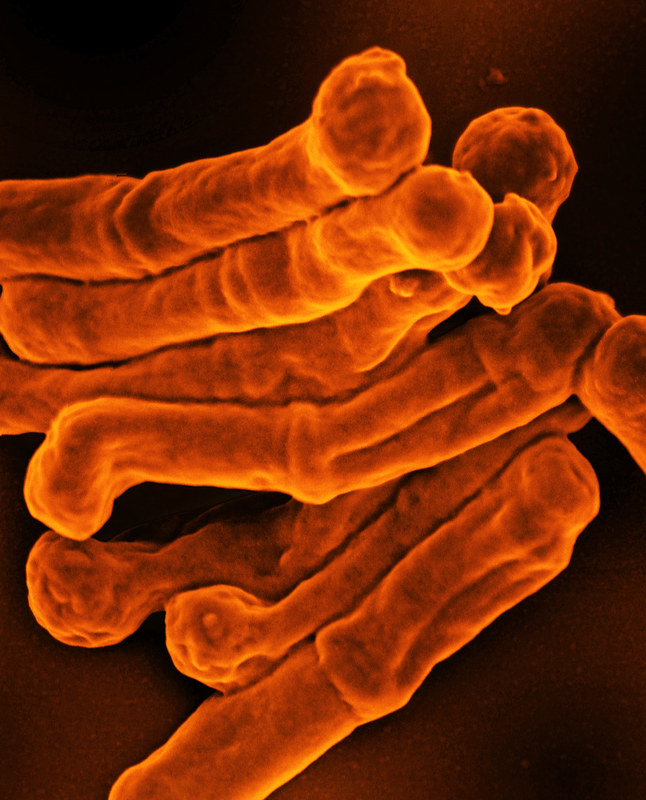
New results from a phase 3 clinical trial show that a significantly shorter treatment regimen for highly drug-resistant tuberculosis (TB) remains highly effective even with a lower dosage of one of the drugs.
The results, published yesterday in the New England Journal of Medicine, are another positive sign for the all-oral BPaL regimen, which combines the antibiotics bedaquiline, pretomanid, and linezolid. The 6-month regimen, approved by the US Food and Drug Administration in 2019, is now recommended by the World Health Organization (WHO) for treatment of people with highly resistant forms of the disease, which was the world's leading infectious disease killer before COVID-19 appeared.
The previously recommended treatment regimen for multidrug-resistant TB (MDR-TB) lasts anywhere from 9 to 24 months and involves multiple drugs, some with severe side effects, and has had a reported global success rate of only 52%. The poor efficacy of that regimen has been attributed in part to the inability of patients to adhere to the lengthy, expensive, and harsh treatment. Treatment for drug-sensitive TB typically lasts 6 months.
The trial results show that even with the dosage of linezolid—a drug that was associated with high rates of adverse events in previous trials of the regimen—cut in half, BPaL cured more than 90% of recipients, with fewer adverse events.
The president and CEO of TB Alliance, the nonprofit that developed pretomanid, says the findings reaffirm the potential of a treatment regimen he says is already a "sea change" from the previous treatment for MDR-TB, which affects roughly 500,000 people globally each year, only a third of whom receive treatment. The hope is that the easier treatment will enable national TB programs to treat and cure more MDR-TB patients.
"With a relatively simple 6-month regimen that cures 90% or more of patients who have MDR-TB…we can really make a huge impact on the drug-resistant TB problem around the world," Mel Spigelman, MD, told CIDRAP News.
Read more...







